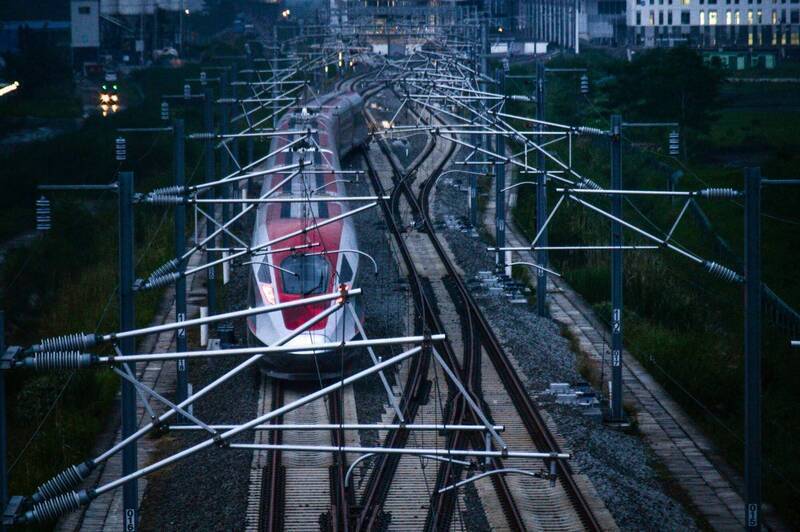Direct translation
The CCP took action, and this country suffered a huge loss
Editor: Fang Xun / Source: World News Network / https://www.aboluowang.com/2025/1009/2288560.html / Image : Web Screenshot

The $7.3 billion China-Indonesia high-speed railway (also known as the Jakarta-Bandung HSR) is a key project under China's Belt and Road Initiative, but it has also left Indonesia with a massive debt. According to Hong Kong media reports, China Railway Construction Corporation (CRCC) is currently working with local Indonesian companies on the $20 million Bali Metro, scheduled to open in 2031. However, as the project progresses, concerns are growing about the potential debt burden and ticket prices.
The South China Morning Post reported that this project follows the $7.3 billion Jakarta-Bandung HSR, which opened two years ago and is seen as a major step in expanding Indonesia's transportation network and alleviating urban congestion.
The news has sparked mixed reactions. Chinese and Indonesian officials have praised the railway as a potential model for the future, and some locals believe it will ease local traffic pressures. However, others are concerned about the high-speed railway's accumulated debt, including the cost of ticket pricing and future maintenance.
The report noted that the Jakarta-Bandung High-Speed Railway (HSR) has accumulated billions of dollars in debt due to cost overruns, completion delays, and the perception among some Indonesians that the high-speed rail faces competition from the cheaper Argo Parahyangan Railway, raising concerns about its financial sustainability.
According to a September study by the Indonesian Center for Economic and Legal Research, the JBHSR's joint venture partner, KCIC, and its controlling consortium are projected to suffer losses of approximately $280 million in 2024 and $107 million in the first half of 2025. The study also found that approximately three-quarters of the project's funding comes from loans from the China Development Bank.
People have expressed concerns about the high-speed rail's financial sustainability due to the significant gap between revenue and debt. Song Seng Wun, an economic advisor at Singapore-based financial services firm CGS, noted that debt relief depends largely on keeping ticket prices affordable for passengers in the developing world. Currently, JBHSR tickets cost between 150,000 and 600,000 rupiah, higher than typical rail fares, which typically fall below 100,000 rupiah.
"The key is to increase passenger numbers, and that depends on acceptable fares for passengers," Song Chengyun said. He added that it is unclear whether ordinary workers can afford high-speed rail fares.



No comments:
Post a Comment